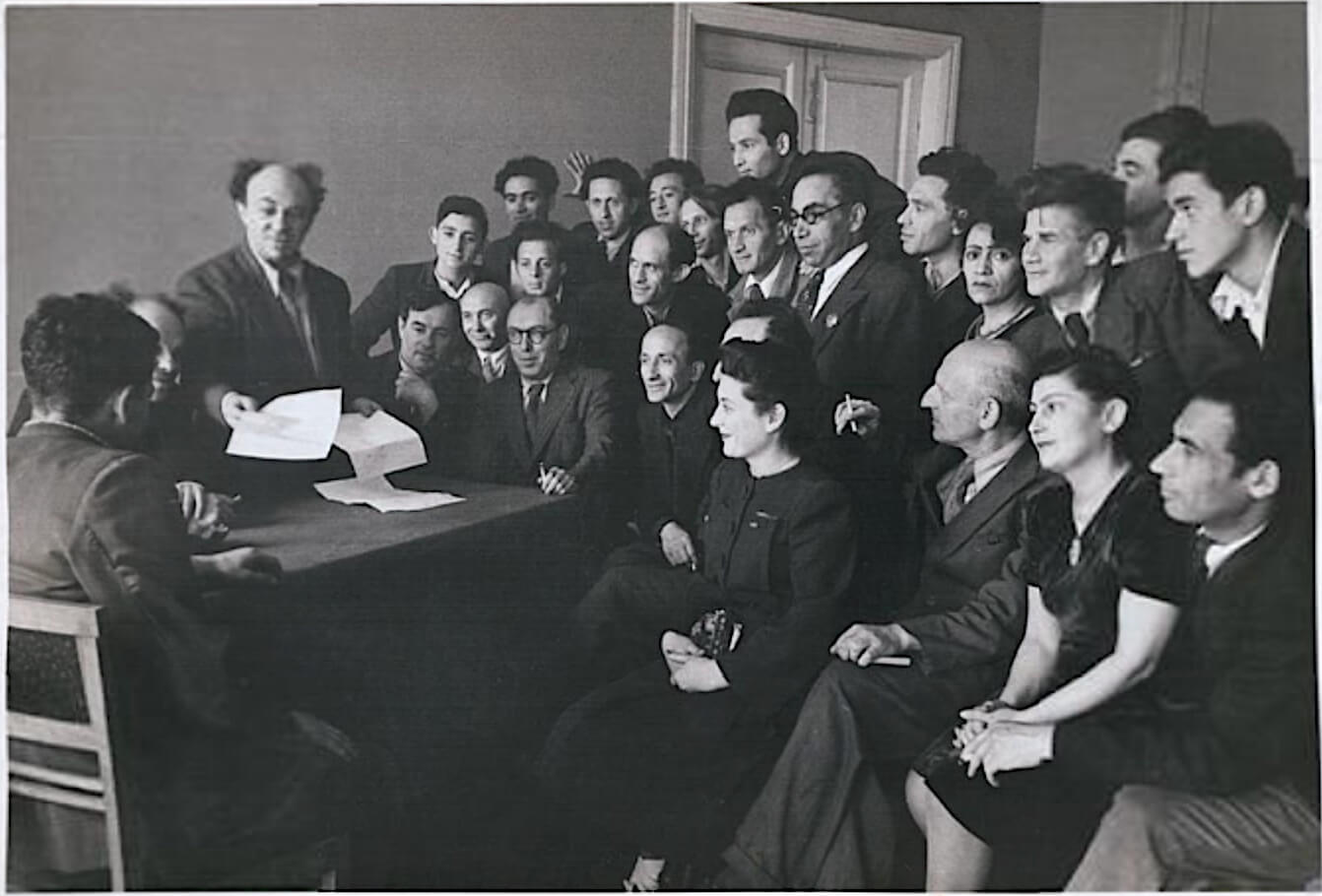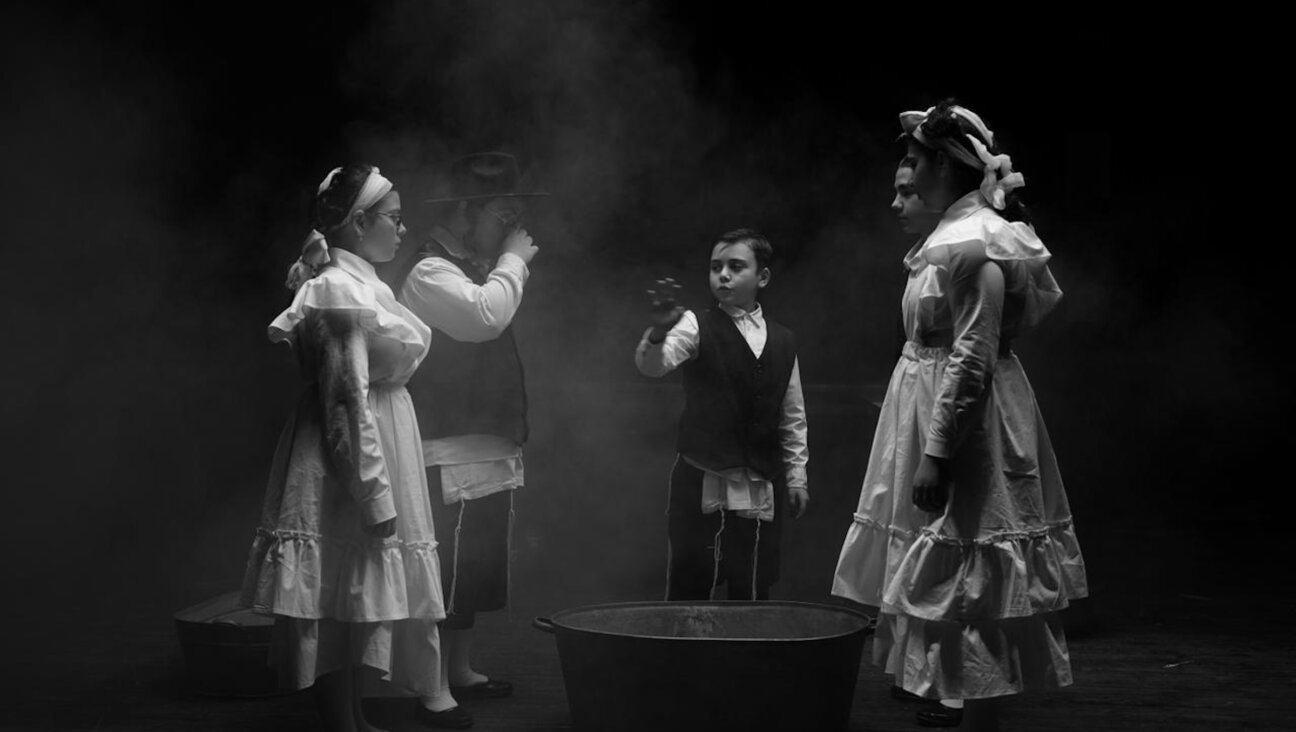The true story behind the ‘Night of the Murdered Poets’
Yiddish actors will perform a documentary in a Manhattan theater, commemorating Stalin’s execution of 13 innocent Jewish intellectuals

Graphic by Angelie Zaslavsky
On August 12, 1952, a firing squad in Moscow’s infamous Lubyanka prison executed 13 renowned Jewish writers, artists, journalists and scientists after years of confining and torturing them to extract false confessions of treason and espionage. This mass execution, known today as the Night of the Murdered Poets, was one of Joseph Stalin’s last crimes before his death six months later.
Five of the 13 people murdered that night were popular Yiddish writers who were all born in the region that now makes up independent Ukraine.
The brutal repression of Yiddish culture
In memory of the murders, Yiddish singer-actress Yelena Shmulenson, herself a native of Crimea, will head a staged program in lower Manhattan that examines how the Soviet state brutally repressed Yiddish culture throughout the 20th century. The performance will be in English and Yiddish — with English supertitles.
Aside from her acclaimed reputation as a Yiddish singer and actress, Yelena Shmulenson is a COJECO BluePrint fellow. The BluePrint Fellowship is a year-long program enabling Russian-speaking Jewish adults to explore personal and collective identity through the creation of Jewish community projects.
Joining Shmulenson onstage will be her husband Allen Lewis Rickman — both stars of stage and screen in English and Yiddish — actress Suzanne Toren, and the head of the Congress for Jewish Culture, Shane Baker. Musical accompaniment will be by Zisl Slepovitch.
The murders of the respected Jewish intellectuals followed years of repression of Yiddish and Jewish culture. After the state-sponsored assassination of Solomon Mikhoels, head of the Moscow State Jewish Theatre (GOSET), in 1948, the government initiated a new campaign against the Jews.
The assassination of Yiddish theater director Solomon Mikhoels
The Soviet regime murdered Mikhoels despite his role as head of the Soviet Jewish Anti-Fascist Committee (JAC), formed during World War II to drum up Jewish support in the free world for the Soviet war effort. The truth about Mikhoels’ death — staged as an automobile hit-and-run in Minsk in 1948 — was poorly concealed even then and publicly confirmed soon after Stalin’s death. The government arrested the remaining members of the JAC beginning later that same year.
Among the casualties of the Night of the Murdered Poets were five Yiddish writers who were members of the JAC: David Bergelson, David Hofshteyn, Perets Markish, Itsik Fefer, and Leyb Kvitko, as well as legendary actor and Mikhoels’ successor as director of the GOSET, Benjamin Zuskin. Every year since the murders were revealed, Yiddishist organizations worldwide have honored the innocent victims of that night as well as other victims of Soviet repression, with an evening of poetry readings and narration.
The event takes place on Thursday, Aug. 10, 2023, at 7 p.m. in the independent theater space The Wild Project, 195 East 3rd St., New York City. Reservations are currently open.

















